A South Korean woman who bit off part of her attacker’s tongue during an alleged attempted rape has finally secured justice six decades later.
Choi Mal-ja, 79, was convicted of aggravated bodily injury following the incident in 1964.
She received a 10-month suspended prison sentence, handed down in 1965 after she had already spent six months in jail, according to The New York Times.
- Choi Mal-ja was convicted in 1965 for biting part of her attacker’s tongue during an alleged sexual assault in 1964.
- After 61 years, the Busan District Court overturned her conviction, ruling her actions were justified self-defense.
- Choi’s attacker was not convicted of attempted rape but received a suspended sentence for trespassing and blackmail.
- Inspired by #MeToo, Choi fought for retrial, with South Korea’s Supreme Court citing patriarchal bias in her original case.
Choi Mal-ja was acquitted of biting her attacker’s tongue off in 1964
Image credits: Channel A News (Korea)
The Busan District Court has acquitted 79-year-old Choi Mal-ja, overturning her 1965 conviction for grievous bodily harm after she bit off part of a man’s tongue while resisting an alleged sexual assault.
She was just 19 when she was sentenced to 10 months in jail, while her… pic.twitter.com/Xiioi9saM9
— BFM News (@NewsBFM) September 10, 2025
Her conviction was finally overturned on Wednesday by the Busan District Court, which ruled her actions were “justified as self-defense.”
Choi was 18 when she was pinned to the ground by a 21-year-old man in the town of Gimhae.
The attacker repeatedly forced his tongue into her mouth and tried to stop her from breathing by holding her nose, court records seen by The Guardian said.
She managed to escape after biting off half an inch of his tongue.
Over two weeks later, the man and his friends turned up at her home and threatened to stab her father.
He then sued Choi for inflicting grievous bodily harm, while she in turn sued him for attempted rape, trespassing and blackmail.
The man was not held to account for attempted rape, but received a six-month suspended prison sentence for trespassing and blackmail.
Image credits: Channel A News (Korea)
Choi received a harsher sentence of 10 months, suspended, after prosecutors ruled that her actions exceeded the “reasonable bounds” of self-defense.
Inspired by the country’s #MeToo movement in 2018, Choi contacted advocacy groups and spent two years gathering evidence before filing a petition for retrial, the BBC reported.
Lower courts rejected her application, but Choi continued her campaign for justice, and the country’s Supreme Court agreed to a retrial in 2024.
It stated that South Korea’s “deeply patriarchal society brimming with bias against women” and unfair investigations and trials meant her right to legal justice had been compromised.
At the first hearing in July of this year, prosecutors apologized to Choi for causing her “immeasurable pain and suffering” and asked the court to overturn the conviction.
‘For the victims who shared the same fate as mine, I wanted to be a source of hope for them,’ she said
Image credits: Seung-il Ryu/NurPhoto via Getty Images
On Wednesday, Choi was acquitted.
“Sixty-one years ago, in a situation where I could understand nothing, the victim became the perpetrator and my fate was sealed as a criminal,” she said at a press conference.
“For the victims who shared the same fate as mine, I wanted to be a source of hope for them.”
The verdict was also welcomed by the Korea Women’s Hotline, which helped Choi in her pursuit of justice.
“Going forward, women’s defensive acts will be understood as legitimate. I expect this will mean fewer women will face unjust suffering,” Song Ran-hee, who leads the group, told the BBC.
“At the very least, it will send a message to victims. Even if the process you are going through now is painful and unjust, it says: ‘Your voice matters. Speak out.’”
Choi’s lawyers are planning to seek compensation and file a civil lawsuit against the state for the suffering she endured.
Image credits: Channel A News (Korea)


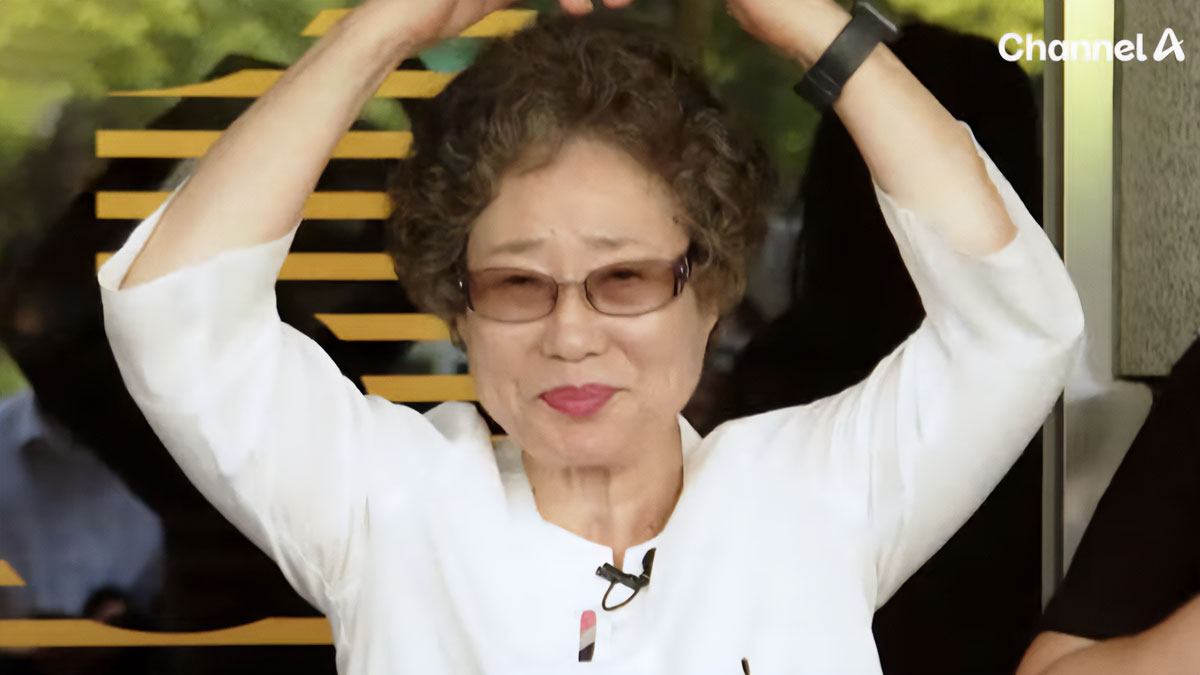
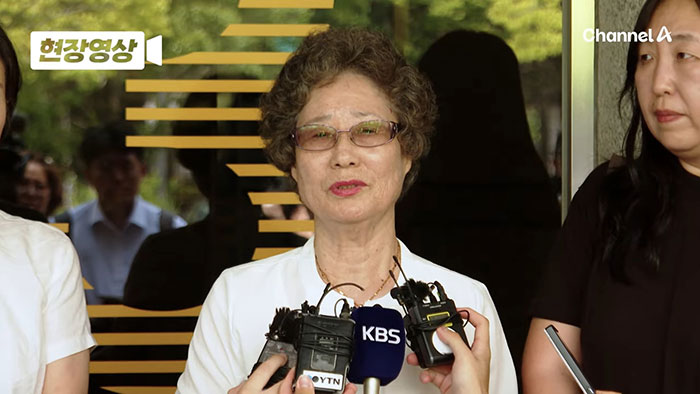
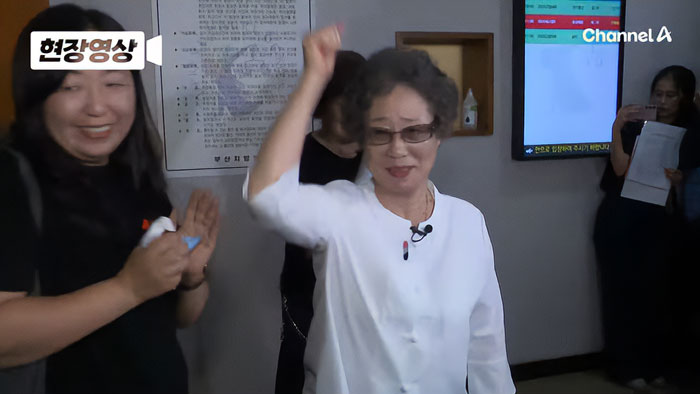
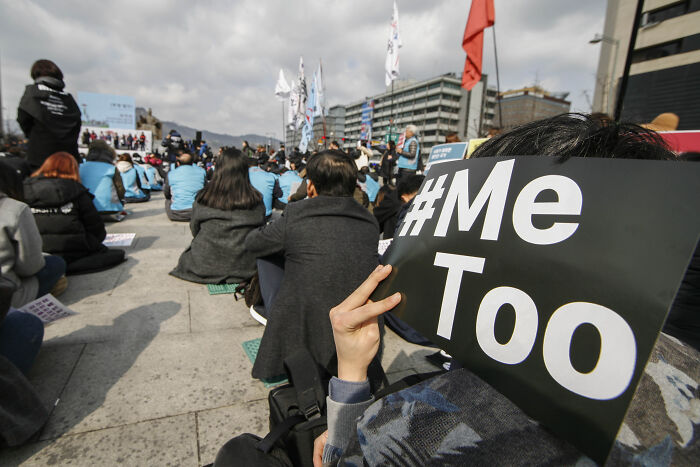
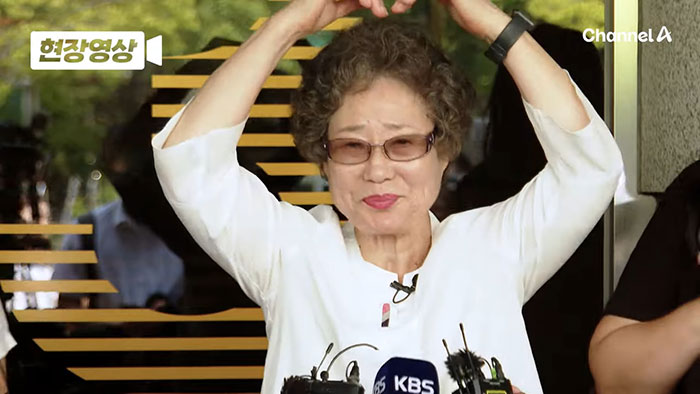



17
0